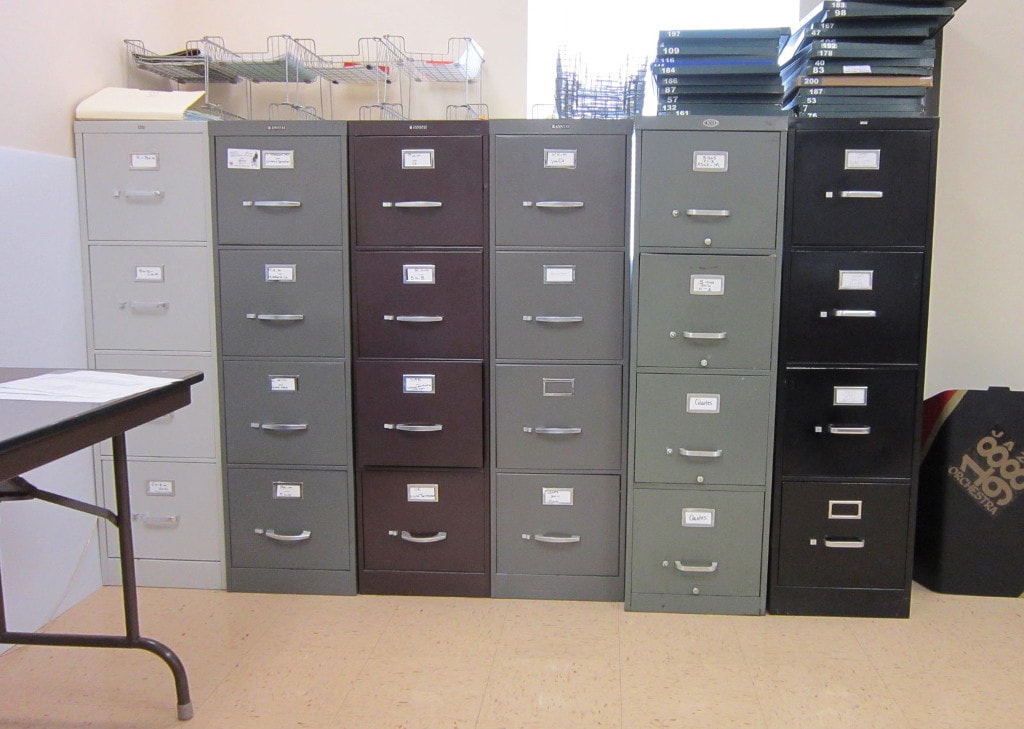ZIMSEC O Level Principles of Accounting Notes: Manual processing
- Data processing has been performed manually for millennia (thousands of years)
- Manual data processing literary means data processing by hand
- Ancient merchants used to record their trading transactions on clay tablets
- Kings would record their trade, census and tax data on clay, copper, bronze, brass and stone tablets
- This data would be laboriously processed by scribes and clerks who would tabulate, add and subtract it
- This would allow the king and merchants to understand their financial position and make informed decisions
- With the invention of paper and books transactions started being recorded in books
- At first these transactions were recorded in a single book
- But with time and with the advancement of commerce transactions are now entered in several books
- These included:
- A Sales Journal which is used as a diary to record daily sales transactions
- A Purchases Journal which is used as a diary to record daily purchase transactions
- A General Journal to record all the other transactions
- These transactions are further transferred to books known as ledgers
- In manual accounting these are actual physical books when one is full a new one is started
- Normally both these books their pages are numbered to aid the recording and processing processes
- In a typical business these books comprise:
- A General Ledger
- A Sales Ledger
- A Purchases Ledger
- A Cash Book
- A Petty Cash Book
- In manual processing:
- The transactions are manually recorded in physical tangible books such as the receipt book, invoice book
- The clerks physically record the information in actual books of original entry
- The information is then recorded in actual ledger books
- This part was helpfully called bookkeeping
- Finally the information is processed by hand into financial statements
- It is important to note that manual processing also involves what is known as single entry accounting
- This is where only one entry is made in the books instead of following the double entry principle
Advantages
- It is simple to start using and even natural
- It requires little training
- It does not require expensive upfront costs such as buying a computer and an accounting package which is especially important to small businesses
- Is suitable for simple businesses such as a vendor or tuckshop
- Is not affected by power cuts, hacking and malware
- It is flexible i.e. can suit the needs of various businesses be it manufacturing, service or retail electronic processing often involves the purchase of
Disadvantages
- It is time consuming to record and present data
- The accuracy of the data can be hard to verify and mistakes are not easy to correct as mistakes can be made at each of the processing stages for example errors in recording a Total Sales figure will affect all the following stages
- Takes time to adapt to new standards or methods while a simple patch will electronic processing is all that is required to effect change
- Is tedious as repetitive tasks have to be repeated
- Is limited in scope to what humans can do
- Is difficult to implement in large business for example Multinational Companies
- Involves a lot of labour costs
To access more topics go to the Principles of Accounts Notes.








